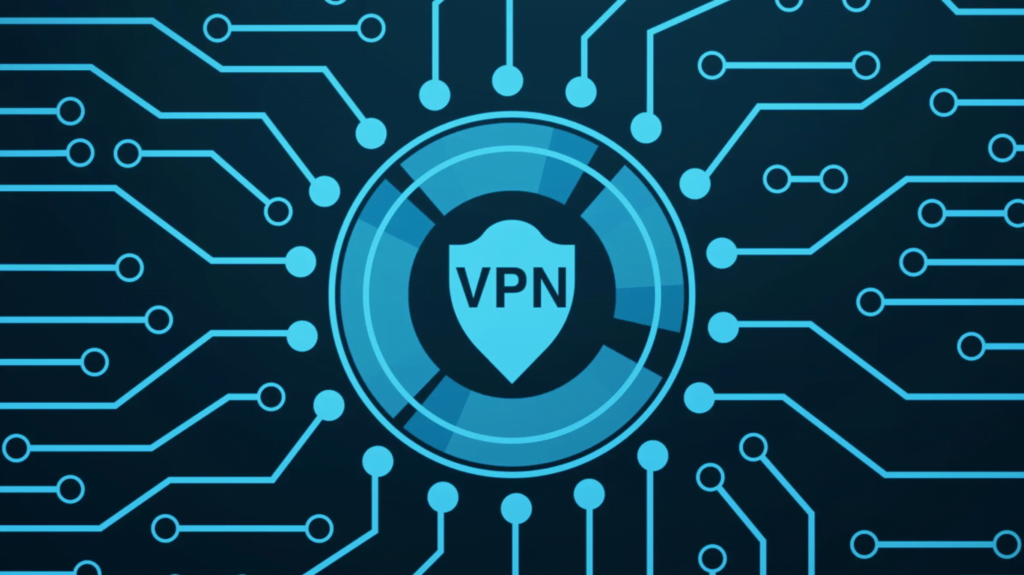As more and more people are working remotely after the pandemic, it has become crucial to protect sensitive data from cyber-attacks. Virtual private networks (VPNs) are a powerful tool for securing your internet connection, especially when you’re working remotely. In this article, we’ll discuss why VPNs are important for remote workers, the benefits of using one, and how to choose the right VPN for your needs.
Why VPNs are Important for Remote Workers
Working remotely means that you’re using the internet to access company resources, such as emails, files, and software. However, without proper security measures, your internet connection is vulnerable to cyber attacks. Hackers can intercept your data, steal your personal information, and even take control of your computer. This is especially dangerous if you’re working with sensitive information, such as client data, financial records, or trade secrets.
Using a VPN creates a secure and private connection between your computer and the internet. This means that all data transmitted between your device and the internet is encrypted, making it nearly impossible for anyone to intercept or read. VPNs also mask your IP address, which means that your online activities cannot be traced back to your physical location. This makes it much more difficult for hackers to launch a targeted attack on your device.

Benefits of Using a VPN
Aside from providing enhanced security, VPNs offer several other benefits for remote workers. Here are a few:
Access to restricted websites:
Some websites and online services are restricted based on your location. For example, if you’re working from a different country than your employer, you may not be able to access certain websites or services. A VPN can bypass these restrictions by routing your internet connection through a server in a different location.
Better internet speed:
When you connect to a VPN, your internet traffic is routed through the VPN server, which can sometimes result in faster internet speeds. This is especially useful if you’re working with large files or video conferencing.
Privacy:
Even if you’re not working with sensitive information, you may still want to protect your online privacy. Using a VPN ensures that your internet activities are not tracked or monitored by your internet service provider or other third parties.
Choosing the Right VPN
There are many VPN providers to choose from, so it’s important to choose one that meets your specific needs. Here are some factors to consider when choosing a VPN:
Security features: Look for a VPN that offers strong encryption, a kill switch (which shuts down your internet connection if the VPN connection drops), and a strict no-logs policy. You can visit Earthweb now to check out the best VPN with a strict no-logs policy.
Server locations: Make sure the VPN has servers in locations that are relevant to your work. For example, if you need to access websites or services that are restricted in your country, you’ll need a VPN with servers in a different country.
Ease of use: Choose a VPN that is easy to set up and use, especially if you’re not particularly tech-savvy.
Speed: Look for a VPN that offers fast internet speeds, especially if you’ll be working with large files or video conferencing.
Conclusion
VPNs are an essential tool for remote workers who need to access company resources securely. By encrypting your internet connection and masking your IP address, a VPN can protect your data from cyber attacks and ensure your online privacy. When choosing a VPN, make sure to consider security features, server locations, ease of use, and speed. By taking these factors into account, you can find a VPN that meets your specific needs and provides the level of protection you need to work remotely with confidence.









